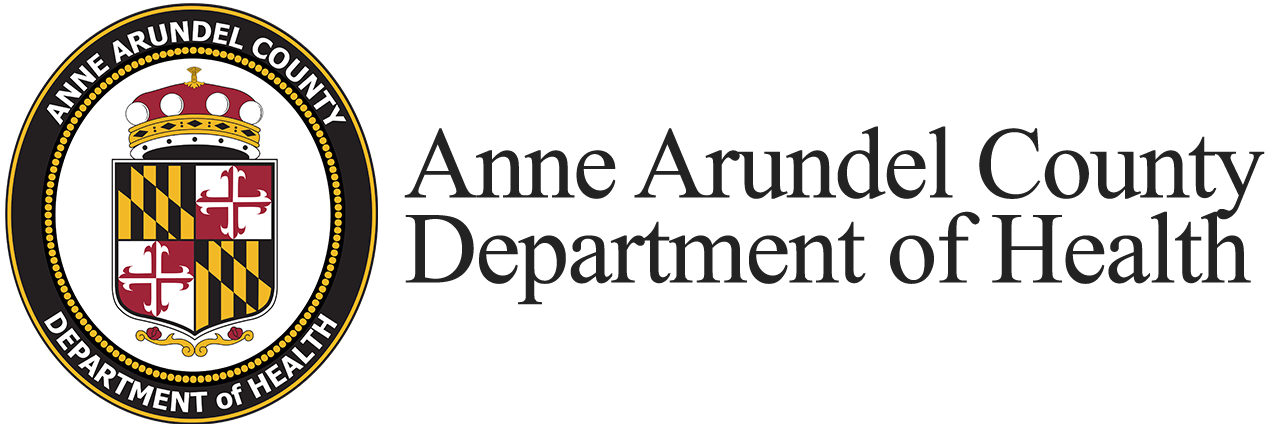The Anne Arundel County Private Sewage Disposal Code requires property owners to abandon their septic system when a property is connected to a public sewer system. A property owner is responsible for assuring the following requirements are met once connection to a public sewer system is made. The services of a licensed disposal system contractor and/or a licensed liquid waste hauler will be required.
- Pump all tanks. Pump the septic tank and all tanks capable of holding sewage. The property owner must have the septic tank and any other tank capable of holding sewage pumped by a licensed liquid waste hauler. The type of tanks capable of holding sewage include the septic tank, a lift pump tank, grinder pump tanks or chambers, and grease interceptors (trap). See licensed liquid waste haulers, or call 410-222-7194 for a list of haulers.
- Disconnect the piping. The property owner must secure the services of a licensed disposal system contractor or a licensed master plumber and have the following piping disconnected:(a) the piping between the dwelling and the septic tank and all other tanks capable of holding sewage, if applicable; and(b) the piping between the septic tank or other chambers and the sewage disposal system which includes the drainfield(s), drywell(s), mound system and pressure dosed bed(s).
- Fill in the septic tank and all other chambers. The property owner must secure the services of a licensed disposal system contractor, utility contractor or a master plumber and have the septic tank and all chambers capable of holding sewage, where applicable, filled in with clean fill material, sand or gravel. See list of licensed disposal system contractors.
- Crush and fill all metal septic tanks. Where metal tanks exist as septic tanks, pump pits or grease interceptors, the property owner must secure the services of a licensed disposal system contractor, utility contractor or a master plumber and have the metal septic tanks crushed in place and filled in with clean fill material, sand or gravel.
- Restrict access for any collapsed tanks. Septic tanks, pump tanks and any tanks capable of holding sewage are classified as a confined space. Open and collapsed tanks pose a significant safety hazard to adults, children and pets. The property owner is responsible for restricting access to open and collapsed tanks by placing a cover material (e.g., plywood with cinder blocks) on top of any collapsed tanks and by roping off access to the area. The tank(s) must be filled in with clean fill material, sand or gravel based on the above requirements.
- Abandonment of blocked drywells and pump pits. If your sewage disposal system consists of an existing blocked drywell or pump pit, the following abandonment requirements apply:
- The sewage inside the drywell must be pumped by a licensed liquid waste hauler;
- The concrete lid must be removed and crushed into the drywell or pump pit;
- The blocked drywell must be filled in with clean fill material, sand or gravel;
- Some pump pits consist of concrete well rings that are set on top of another and concreted together. These concrete rings must be removed to a depth of three (3′) feet below ground surface, and filled in with clean fill material, sand or gravel;
Blocked drywells that are not filled in properly pose a significant safety hazard to adults, children and pets. The existing drywell or pump pit must be filled in by a licensed disposal system contractor.
What Records are Required to be Submitted?
Following abandonment of your existing septic system, your disposal system contractor or master plumber is responsible for completing a Septic System Abandonment Form. The property owner is responsible for submitting a copy of the completed Septic System Abandonment Form to the Department of Health.
What if I fail to comply?
If a property owner fails to comply, this constitutes a violation of the Anne Arundel County Private Sewage Disposal Code, Section 1600.1(g), and the owner is subject to civil fines of $125 for the first violation, $500 for the second violation and $1,000 for the third or any subsequent violation. Citations may be issued for each violation and for each day the violation continues to exist.
Where can I get more information?
Sanitary Engineering Program
Anne Arundel County Department of Health
3 Harry S. Truman Parkway
Annapolis, Maryland 21401
410-222-7194
